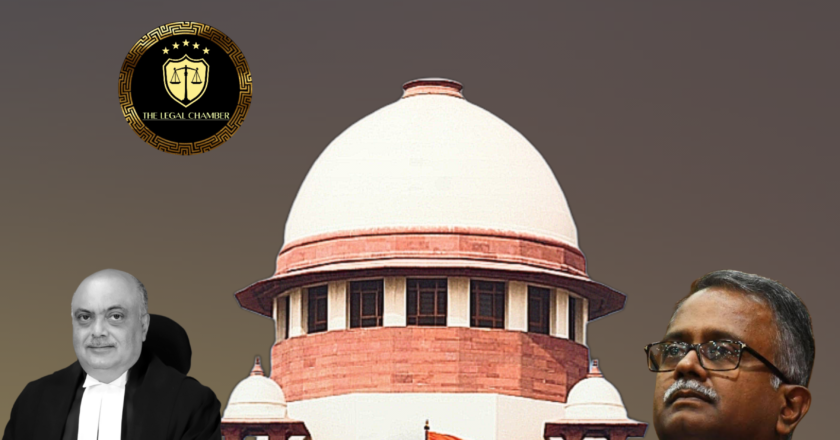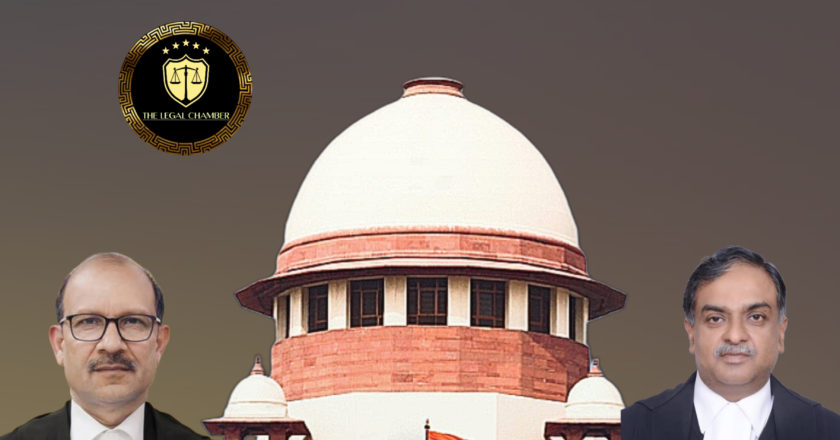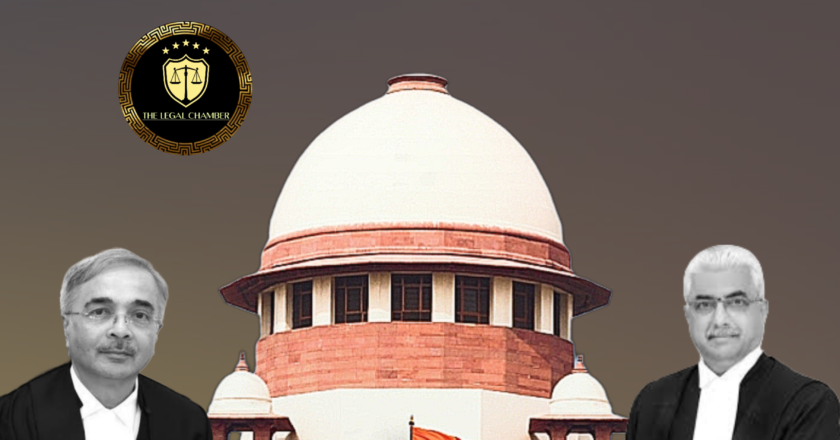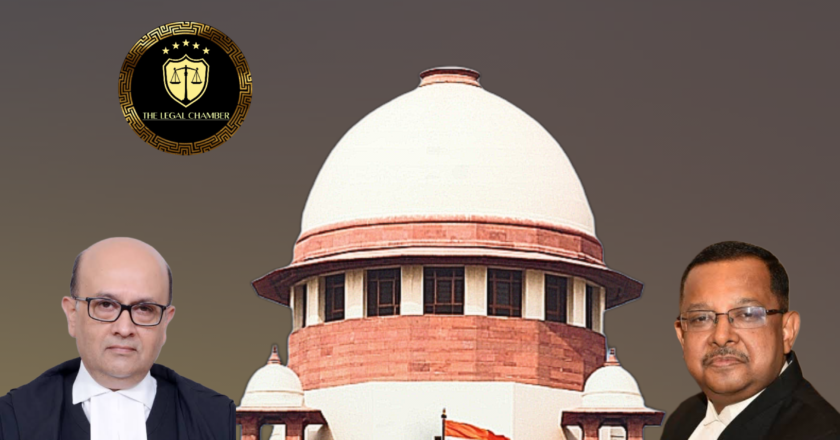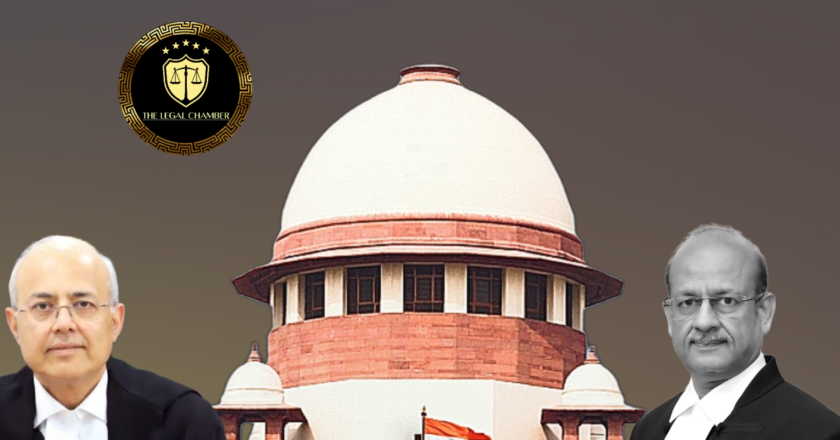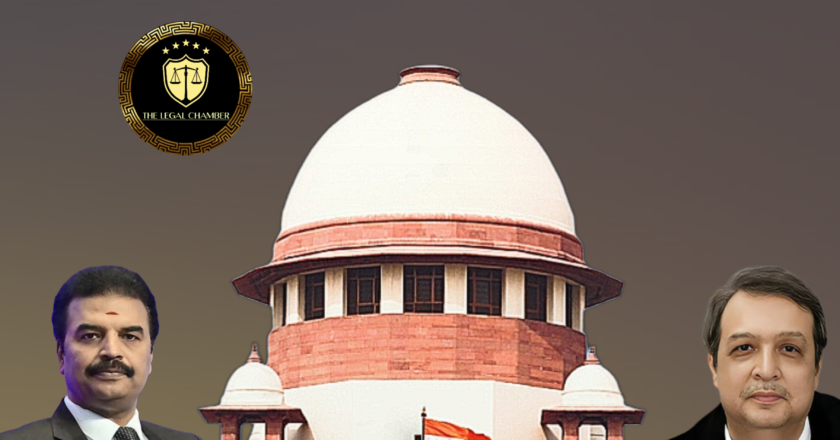Supreme Court : Wife as Attesting Witness Does Not Invalidate a Will
The Supreme Court held that the High Court erred in framing an additional substantial question of law under Section 100(5) CPC without foundational pleadings, issues, or recorded reasons. A will, once duly executed and proved, must be given effect to, and succession cannot be reopened on a new legal case at the second appeal stage. The testamentary disposition was upheld.
Facts Of The Case:
The case concerns a dispute over the estate of C.R. Pius and Philomina Pius. The couple executed a registered joint will in 2003, bequeathing their properties to their son, C.P. Francis (the Appellant), subject to the condition that he pay specific monetary sums to his siblings. After the parents' deaths, the other children (Respondents) filed a suit for partition, claiming their parents died intestat...
